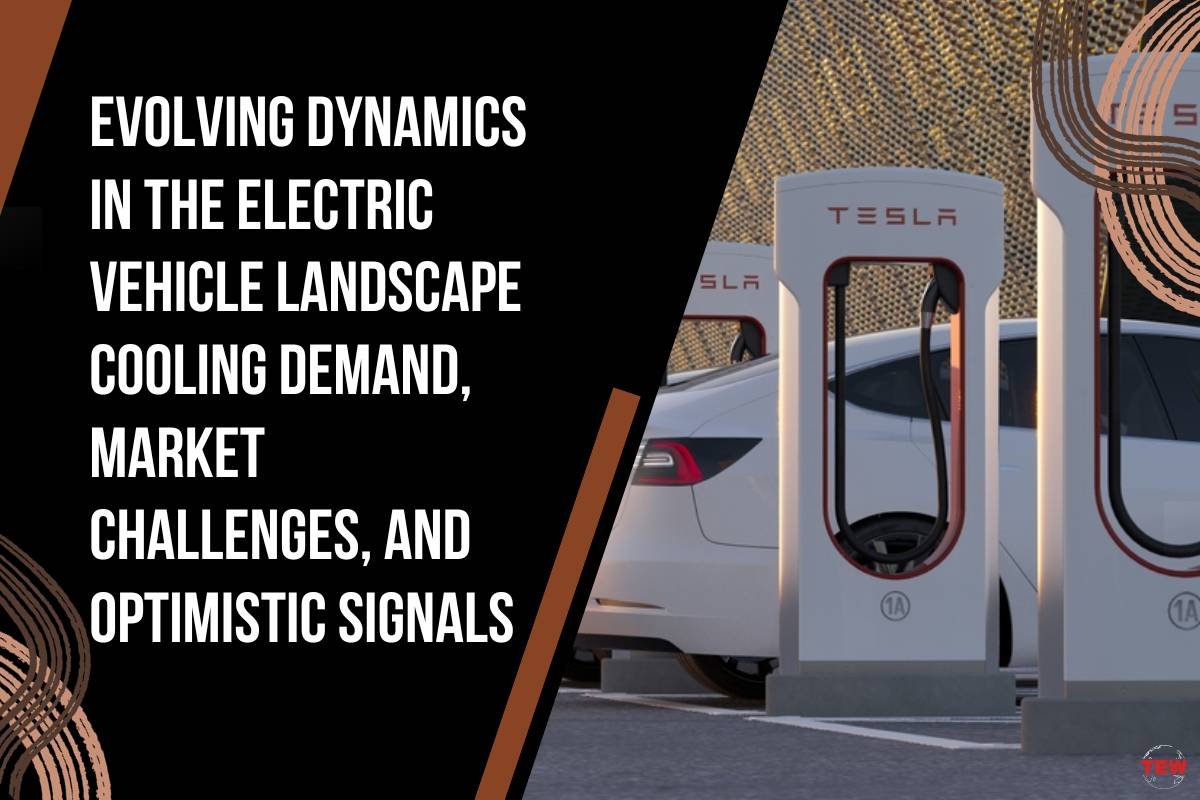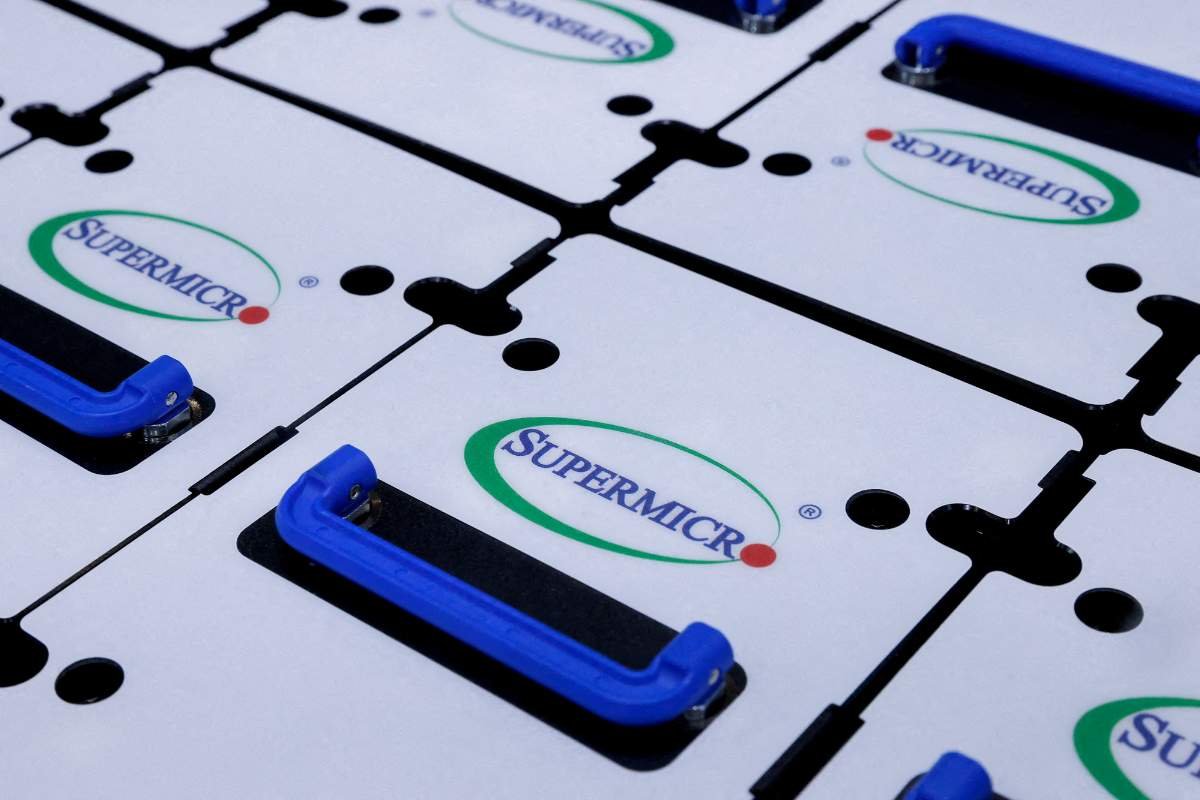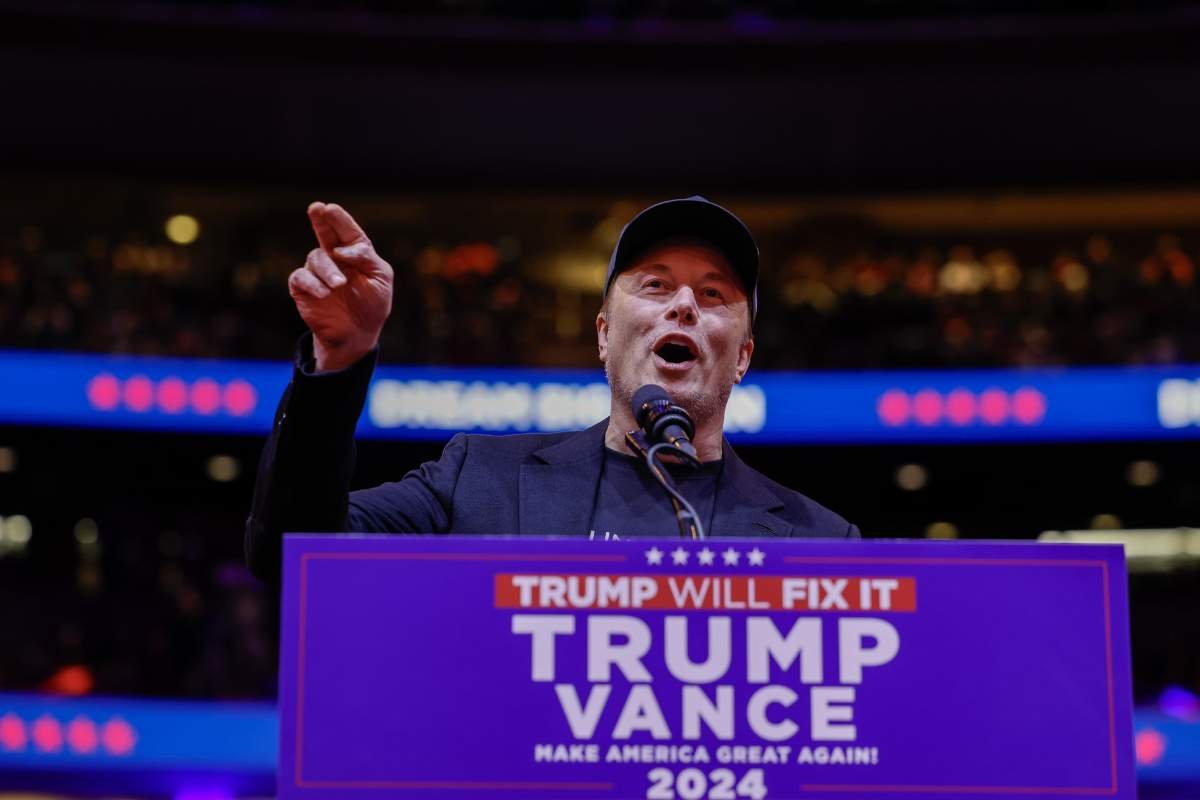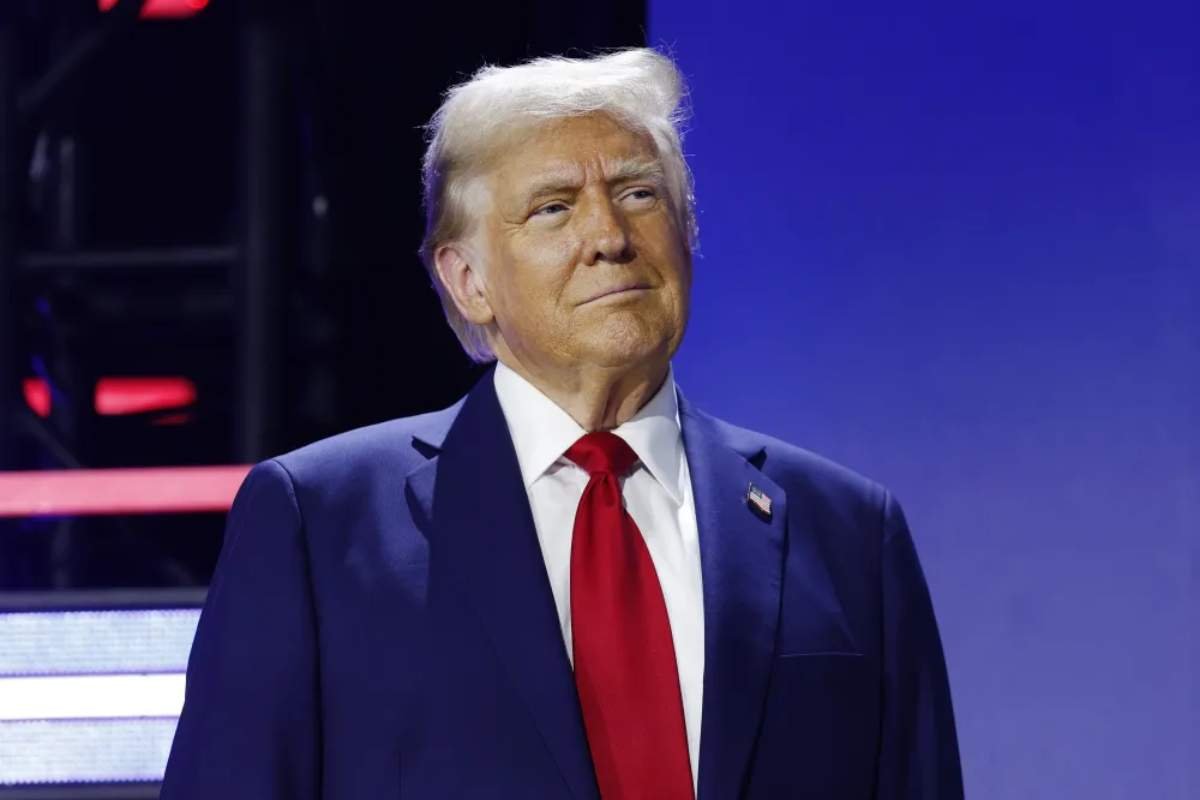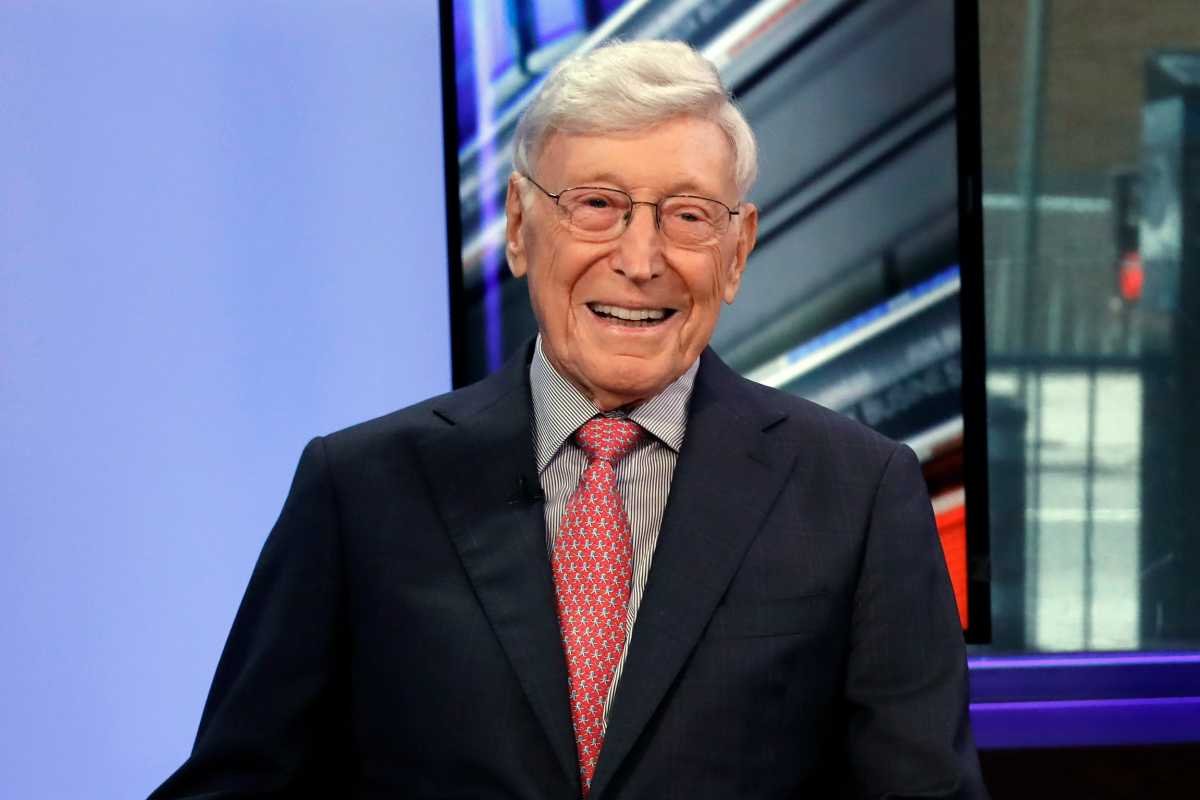In a surprising turn of events, major players in the automotive industry are scaling back their electric vehicle (EV) initiatives. Hertz, the renowned car rental company, is decelerating its electrification efforts, attributing the decision to escalating costs and diminishing resale values. General Motors (GM) has followed suit, scrapping EV plans, delaying production targets, and pushing back the launch of its upcoming EV lineup. Ford, after reporting a $1.3 billion loss in its EV sector during the third quarter, is also postponing up to $12 billion in EV investments. Amid this cautious atmosphere, Toyota stands out, emphasizing the value of hybrids amidst Tesla’s aggressive price-cutting strategy.
Resilient Tesla Investors and Surging Global EV Adoption
Despite the hesitancy among traditional automakers, Tesla investors remain bullish, spurred on by promising global EV adoption statistics. Gary Black, managing partner of the Future Fund, highlights data from EV-Volumes, indicating that global EV adoption reached a record 11.8% in the third quarter, surpassing the previous quarter’s 10.7%. Black anticipates a further increase to 13% by the fourth quarter of 2023. Cox Automotive reports that EV sales constituted 7.9% of total industry sales in Q3, marking a record high, with year-to-date sales exceeding 873,000 as of mid-October, putting the sector on track to surpass one million sales for the year.
Cooling Demand Challenges: S&P Global Mobility Insights
Despite the promising adoption figures, recent data from S&P Global Mobility suggests a cooling demand for EVs, indicating a potential shift in consumer sentiment. In 2019, 58% of respondents were open to purchasing an EV, a figure that surged to 86% by 2021. However, by May 2023, this number plummeted to 67%, signaling a slowdown in growth rather than a reversal. Brian Rhodes, director of connected car and vehicle experience for S&P Global Mobility, emphasizes that customers are reluctant to switch due to routine changes associated with EV ownership, such as range and charging concerns.
According to S&P’s findings, the primary factor behind the waning interest is not range or charging anxiety but rather the cost. Nearly 50% of respondents in a recent S&P survey deemed EV prices too high, underscoring the prevailing barrier to widespread adoption. Yanina Mills, senior technical research analyst at S&P Global Mobility, points out that pricing remains a significant obstacle, citing the sector’s relative immaturity. Moreover, inadequate charging infrastructure further hinders mass adoption, as consumers express concerns about charging time and charger availability.
Former Ford CEO Mark Fields weighs in, asserting that despite the current cooling interest, electrification is the inevitable future of the auto market. While automakers are temporarily postponing their EV plans, Fields predicts that the transition will persist, albeit at a pace slower than initially anticipated. In the face of challenges, the trajectory toward electrification remains steady, promising a transformative shift in the automotive landscape.

